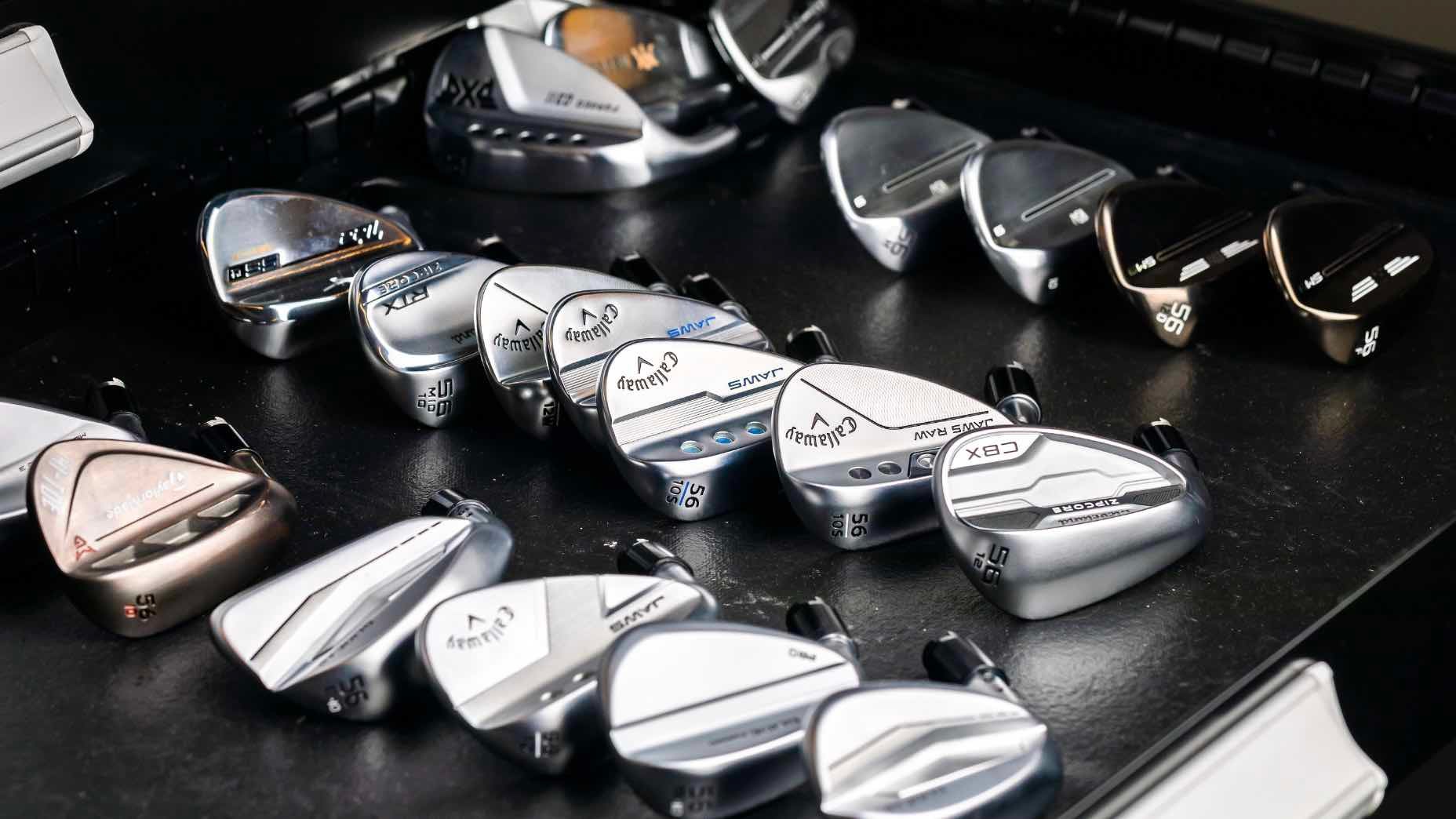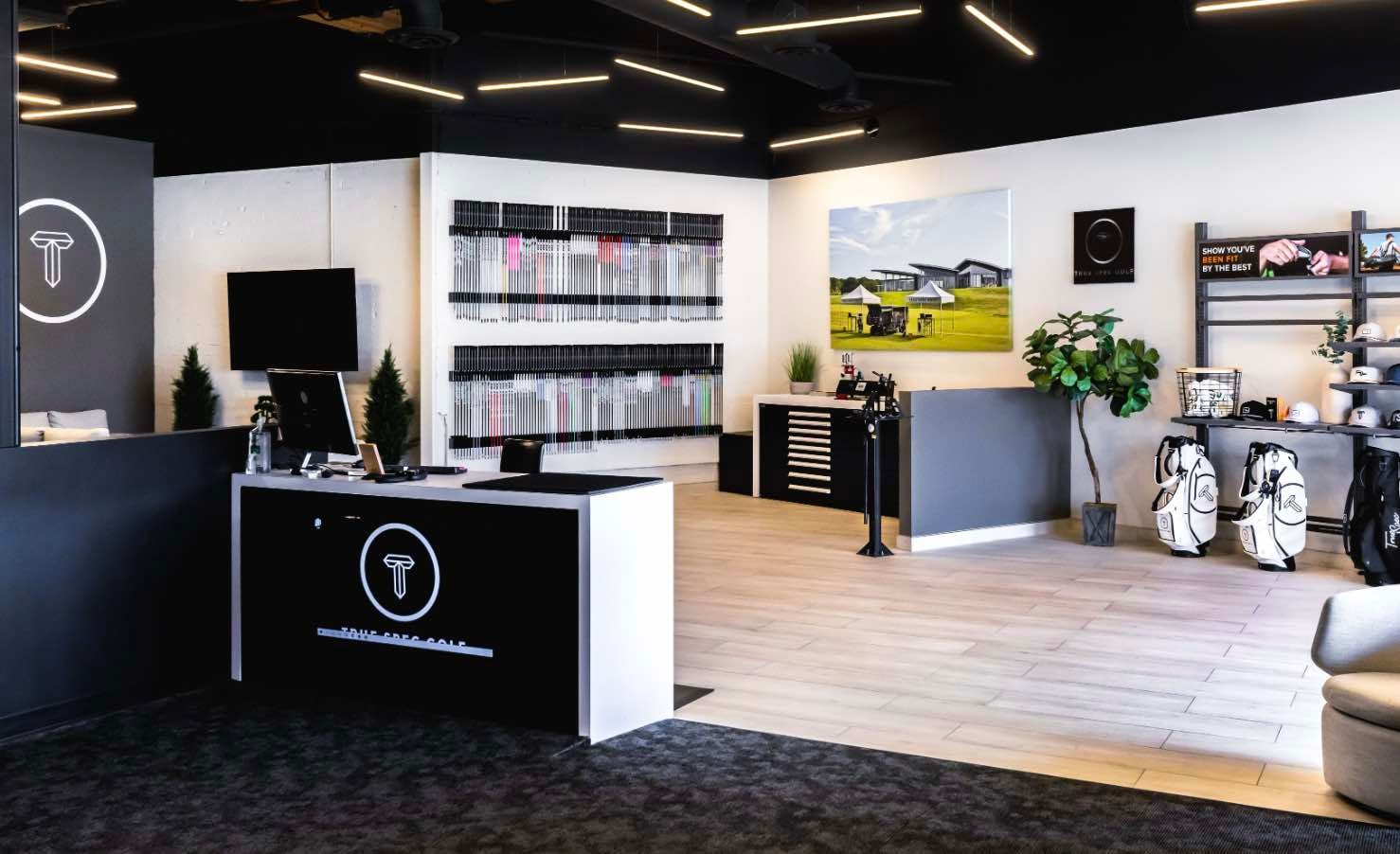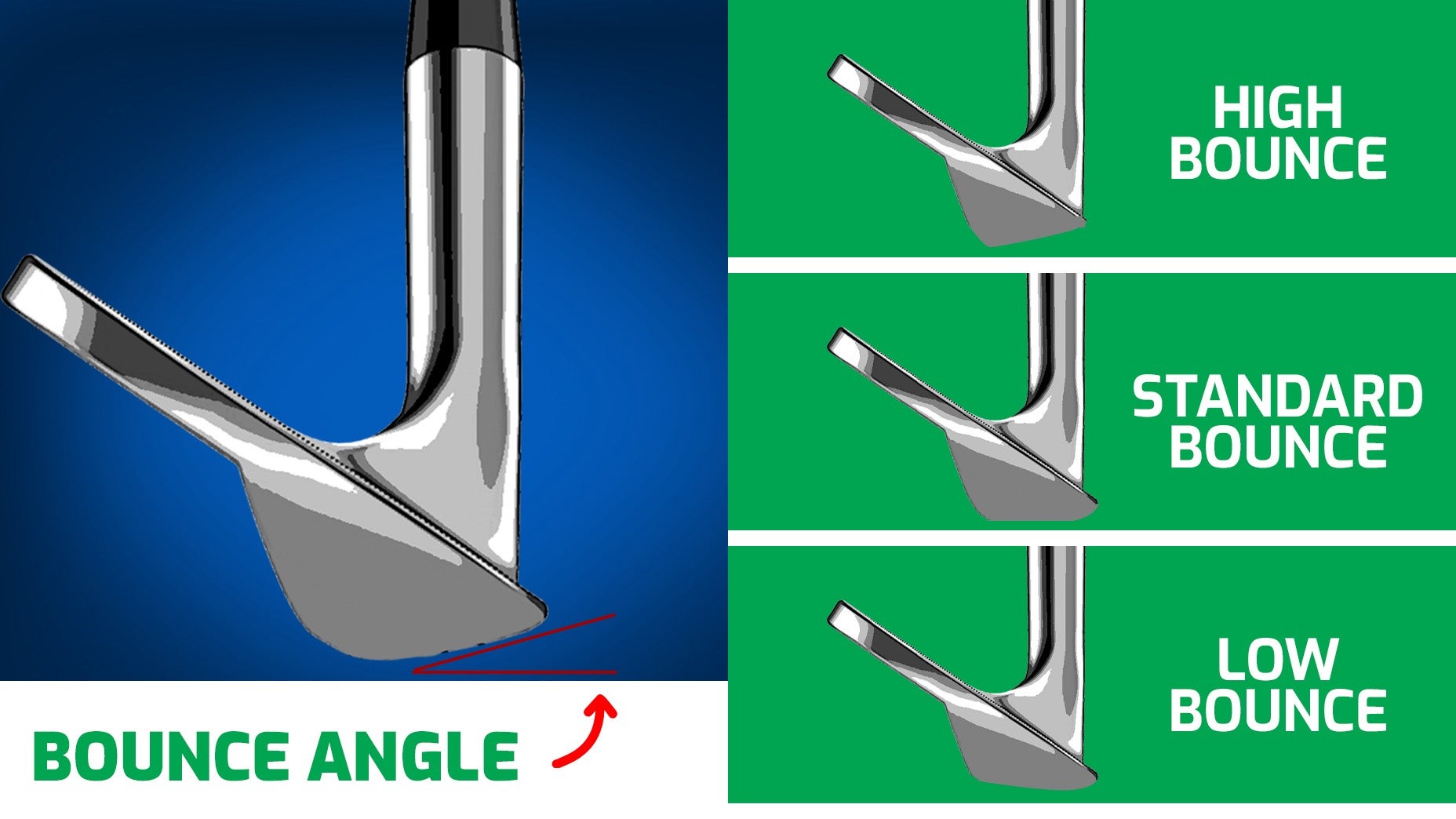
Having the right wedges can increase accuracy and lower scores
True Spec Golf
Welcome to GOLF’s “Firsthand with a Fitter” series, where we dive into some of the most common issues golfers struggle with on the course, and how properly fit equipment can help address those issues and make the game easier.
Wedges — we all need them, but with so many options in the marketplace, most golfers have a hard time understanding what works best for them. That lack of confidence leads to even more players not getting fit for some of the most important clubs in the bag. Also, did you know that just like your driver and irons, you can get fit for wedges indoors with excellent results?

GOLF.com
With the help of True Spec master fitter Blake Smith we dive into the benefits of a wedge fitting and why the unique setting of an indoor fitting bay makes it an ideal place to get dialed in.
Why wedge fitting is important
Once you realize just how many shots you hit in a round with your wedges, you quickly understand why it’s important to have the right tools to execute shots. A big mistake a lot of golfers make is defaulting to certain wedge lofts without a fitting, either based on their highest lofted wedge or because they have used particular lofts in the past.
It’s often a big mistake to buy the highest lofted wedge first, then work backward toward the highest lofted club in an iron set, whether that be a 9-iron, pitching wedge or a set gap wedge, because loft doesn’t always directly relate to carry distance.
A fitter will work in reverse and start with the right set of lofts that make sense for proper gapping, and being inside a fitting bay under controlled conditions creates an environment where a golfer can make confident swings and know exactly how far each shot goes with a particular swing.
Don’t forget bounce
We cover bounce a lot here at GOLF.com and can’t stress how important it is to make sure you have the correct bounce setup through your wedges for your shot types and playing style. Plus, with the grind being a huge component of the overall wedge and bounce performance, being inside keeps ground conditions the same for every shot so a fitter can take better help you find the find combination.

Darren Riehl
“The positives of an indoor wedge fitting are all about being in an enclosed laboratory-like environment,” Smith said. “Grooves don’t fill up with dirt so spin rates and launch angles moisture, dirt, or debris. 3. Use a premium ball during the fitting not a range ball. We can determine bounce and grind by watching numbers on GCQUAD such as attack angle and strike location. We will also watch the cadence of the swing to determine shaft flex. Shafts are also selected based on launch angle, spin rates and peak height.”
What shaft you choose in your wedges can greatly affect how it feels and performs. Some players prefer stiffer profiles, while others like “wedge flex” shafts that flex more and promote more spin. Lately, composite shafts have become common in wedges, too. Knowing the right shaft model, flex and even length can be easily sorted out with a proper fitting.
And, don’t forget the grip. You may prefer a skinnier or thicker wedge grip depending on whether you want to speed up or slow down your hands, or if you have a knack for pushing or pulling your pitch shots. A different grip diameter can make a huge difference, and so can opting for one that is heavier and/or counterweight.
The final puzzle piece — your golf ball
One final piece of advice we can’t stress enough: your golf ball is a piece of equipment designed to maximize potential through your bag. It’s the only piece of equipment used for every shot, and making sure it’s optimized for driving and approach play is critical for distance and shot-stopping control.
Looking to work firsthand with your own club-fitting expert to dial in your equipment and play better golf? Book a fitting with the industry experts at True Spec Golf. With more than 30 locations, it’s easy to find a location near you.
Also, for more on the latest gear news and information, check out our latest Fully Equipped podcast below!








